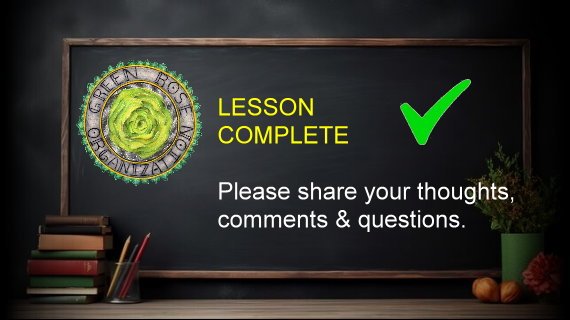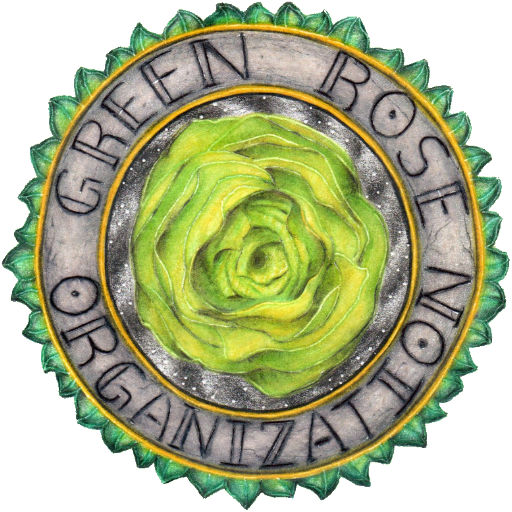
THE POWER OF PURPOSE
UNDERSTANDING THE SIGNIFICANCE OF HAVING A SENCE OF PURPOSE AND MEANING TO LIFE
A sense of purpose and meaning is fundamental to the human experience, shaping how individuals navigate their lives and connect with the world around them. Here are some key reasons why it’s significant: 1. Anchoring Identity and Direction: Purpose provides a framework for decision-making and goal-setting. It clarifies what’s important, guiding people toward choices that align with their values and beliefs. Without it, individuals may feel adrift, struggling to find coherence between their actions and identity. 2. Enhancing Motivation and Resilience: When life is driven by purpose, challenges become more manageable. Purpose acts as a stabilizer in turbulent times, offering motivation to persist through difficulties. It imbues struggles with meaning, making them feel worthwhile instead of purely burdensome. 3. Promoting Psychological Well-Being: A sense of meaning contributes to overall happiness and mental health. Studies in positive psychology often emphasize that individuals who perceive their lives as meaningful report greater satisfaction, reduced stress, and lower rates of depression.
WHAT TYPICALLY HAPPENS TO PEOPLE WHO LACK A SENSE OF PURPOSE IN LIFE?
When individuals lack a sense of purpose, their experiences can vary widely depending on their personal circumstances, resilience, and coping mechanisms. However, several common effects tend to emerge, both psychologically and socially: 1. Emotional and Psychological Challenges—Feeling of Aimlessness: Without purpose, people may struggle with a sense of direction, leading to feelings of emptiness or disconnection from themselves and the world around them. Increased Risk of Mental Health Issues: A lack of meaning is often linked to higher rates of anxiety, depression, and stress. These feelings can arise from the absence of fulfilling goals or a sense of worth. Lower Resilience: Difficulties may feel insurmountable when there’s no underlying motivation to persevere, making it harder to cope with adversity. 2. Diminished Motivation and Productivity—Procrastination and Apathy: Individuals may find it difficult to engage in tasks or set meaningful goals, resulting in lower productivity and progress in their personal or professional lives. Lack of Drive: When life lacks direction, enthusiasm and energy can wane, leading to stagnation in various aspects of life. 3. Weak Social Connections—Isolation: People without purpose may have difficulty connecting with others or building relationships, especially if they don’t feel aligned with social norms or shared goals. Loneliness: Purpose often fosters community involvement and mutual support. Without it, the risk of feeling lonely increases. 4. Reduced Physical Health—Decline in Overall Wellness: Studies suggest that having a sense of purpose correlates with better physical health outcomes, such as lower blood pressure, improved immune function, and longevity. Conversely, its absence may lead to neglected health and increased vulnerability to illness. 5. Existential Struggles—Sense of Absurdity: Philosophers like Albert Camus describe the human confrontation with life’s “absurdity”—the tension between seeking meaning and the seeming lack thereof. Without a clear purpose, individuals may wrestle deeply with existential questions, feeling disconnected or lost. 6. Limited Personal Growth—Stunted Development: Purpose drives curiosity and exploration, both key to personal growth. A lack of purpose can result in fewer opportunities for self-discovery and development. It’s important to note that purpose can often be cultivated—even in moments of doubt or struggle. Some individuals find clarity through reflection, engagement with others, or the pursuit of meaningful goals.
HOW DOES SOMEONE COME TO DEVELOP A SENSE OF PURPOSE IN LIFE?
Developing a sense of purpose is a deeply personal and evolving process, influenced by individual experiences, values, and aspirations. Here are some thoughtful steps to explore: 1. Reflect on Core Values and Beliefs: Begin by asking yourself what truly matters to you. What principles guide your decisions? Identifying your values—such as compassion, creativity, justice, or growth—lays the groundwork for discovering purpose. 2. Embrace Your Passions and Interests: Pay attention to activities that make you feel energized, fulfilled, or deeply engaged. These passions often hold clues to what might bring you a lasting sense of meaning. 3. Seek Experiences and Experiment: Purpose often emerges through exploration. Try new activities, roles, or paths, even if they’re outside your comfort zone. Exposure to different experiences can reveal unexpected passions or goals. 4. Connect with Others: Purpose is frequently tied to making a positive impact on others or the community. Volunteering, mentoring, or participating in collaborative efforts can foster a sense of contribution and connection. 5. Learn from Life’s Challenges: Adversity often pushes people to reflect deeply on what matters to them. Instead of seeing challenges as setbacks, view them as opportunities to uncover strengths, resilience, and renewed clarity about your purpose. 6. Set Meaningful Goals: Start with small, achievable goals aligned with your values and aspirations. Over time, these smaller goals can build momentum and help you pursue a broader sense of direction. 7. Stay Open to Growth: Purpose isn’t always static—it can evolve as you gain new insights or face different stages of life. Be willing to revisit and refine your sense of purpose as you grow and change. Many find inspiration from existential thinkers like Viktor Frankl, who argued that purpose is not something to be passively discovered, but actively created through how we engage with life’s opportunities and responsibilities.

